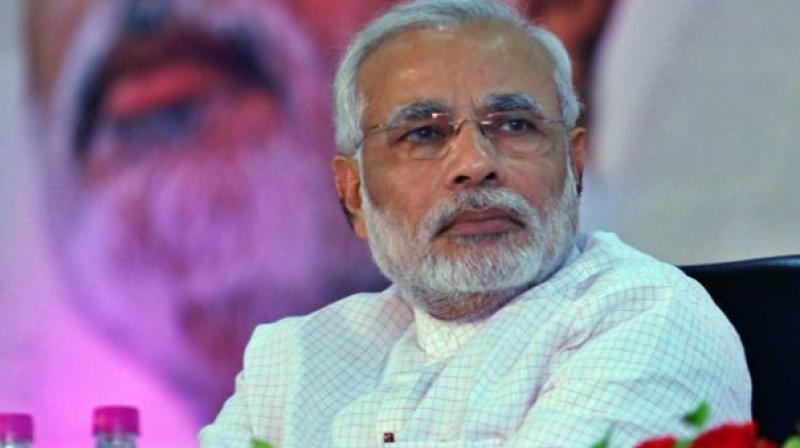Why didn't PM join the dots over Pak & China?

At the Raisina Dialogue in New Delhi earlier this week, there was little in Prime Minister Narendra Modi’s fairly lengthy remarks on foreign policy that could have given the international gathering an insight into his government’s approach to complex matters of our region and the world. The PM fell short of connecting the dots. Indeed, his observations on Pakistan and China — among our most consequential relationships — appeared to not take into account the developments which have made Beijing and Islamabad cooperate closely to New Delhi’s detriment. “Those in our neighbourhood,” declared Mr Modi without naming Pakistan, “who support violence, perpetrate hatred and export terrorism, stand isolated and ignored”.
Is that right? China, a permanent member of the UN Security Council, has stood foursquare behind Pakistan for many years, and in recent times has backed Pakistan even on terrorism, as evidenced by Beijing’s blocking of efforts at the UN to name Jaish-e-Mohammed chief Masood Azhar an international terrorist, which India and France push for. With Beijing and Islamabad being gung-ho about the China-Pakistan Economic Corridor (CPEC), Beijing has begun giving strong political support to Islamabad on matters relating to terrorism. Pakistan will no doubt return the favour when it moves against all those within its territory who politically oppose CPEC. The PM’s principal formulation on China also appeared to be out of kilter. From the 1990s, India and China have mutually agreed to carry on bilateral trade and economic interactions while working to resolve the boundary disagreements. Since then the relationship has come under strain on multiple fronts.
China has sought to block Indian shipping in the South China Sea, it has taken its road to Pakistan through Indian territory in high Asia, it has placed its troops in PoK, it has pleaded for Masood Azhar at UN, and it has blocked repeated international attempts to make India a member of the Nuclear Suppliers’ Group. In almost all of these cases, Beijing and Islamabad appear to have acted together. And yet, Mr Modi’s formulation is that “it is not unnatural for two large neighbouring powers to have some differences”. He has also — and not for the first time — called on Beijing to be sensitive to India’s “core concerns and interests”. These urgings appear to have fallen on deaf ears. The Indian leadership needs to show better footwork regionally in its dealing with Afghanistan, Iran and Russia to balance the negatives while the US under President Donald Trump could remain enigmatic for some time.

